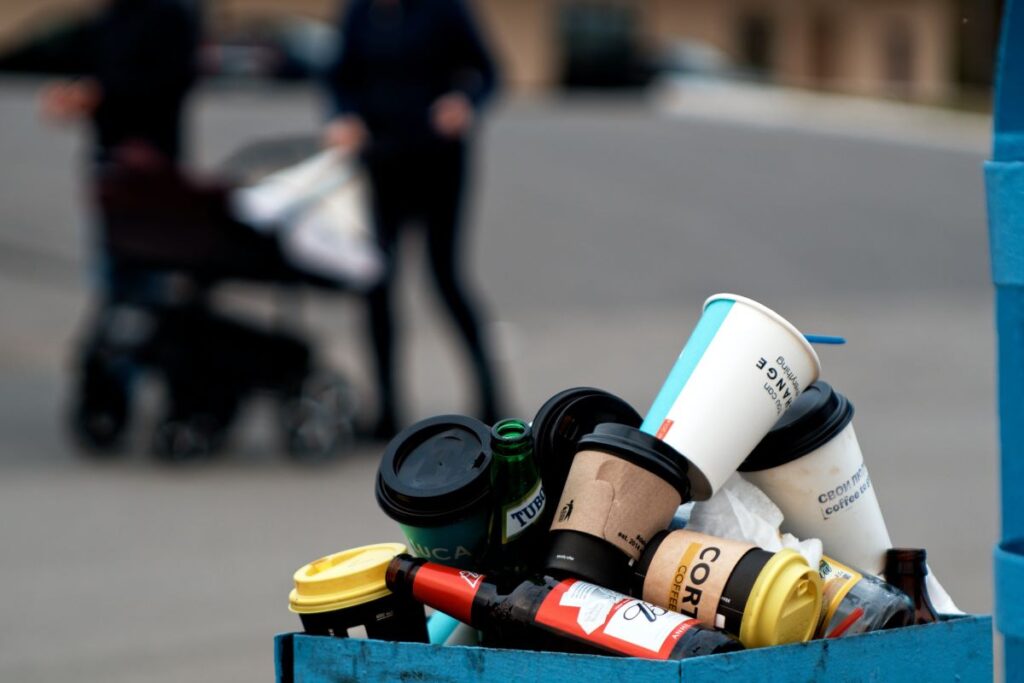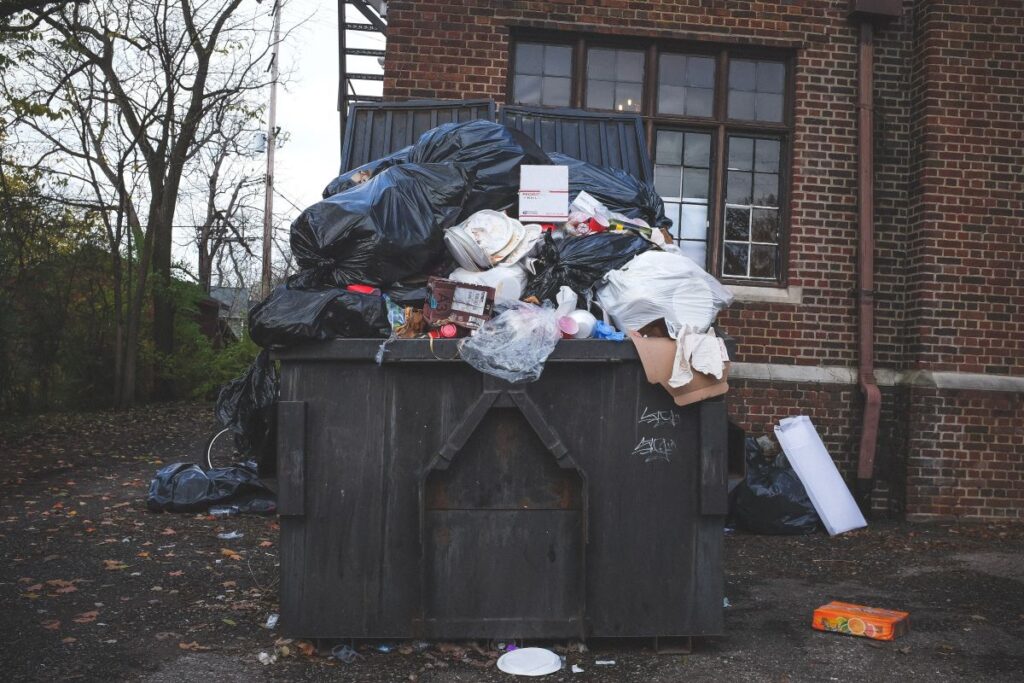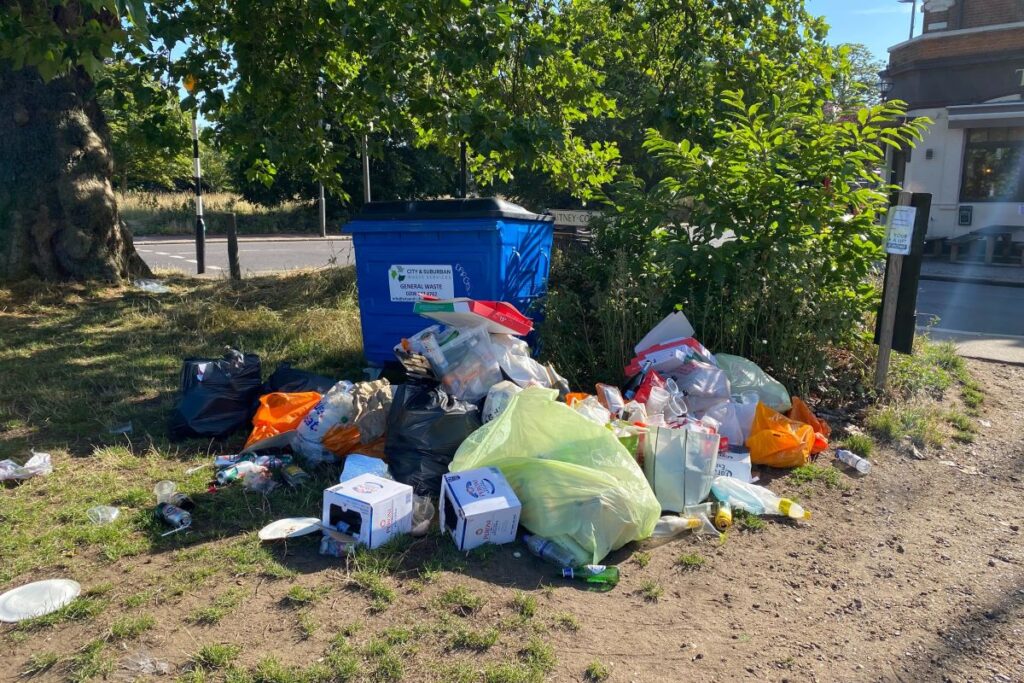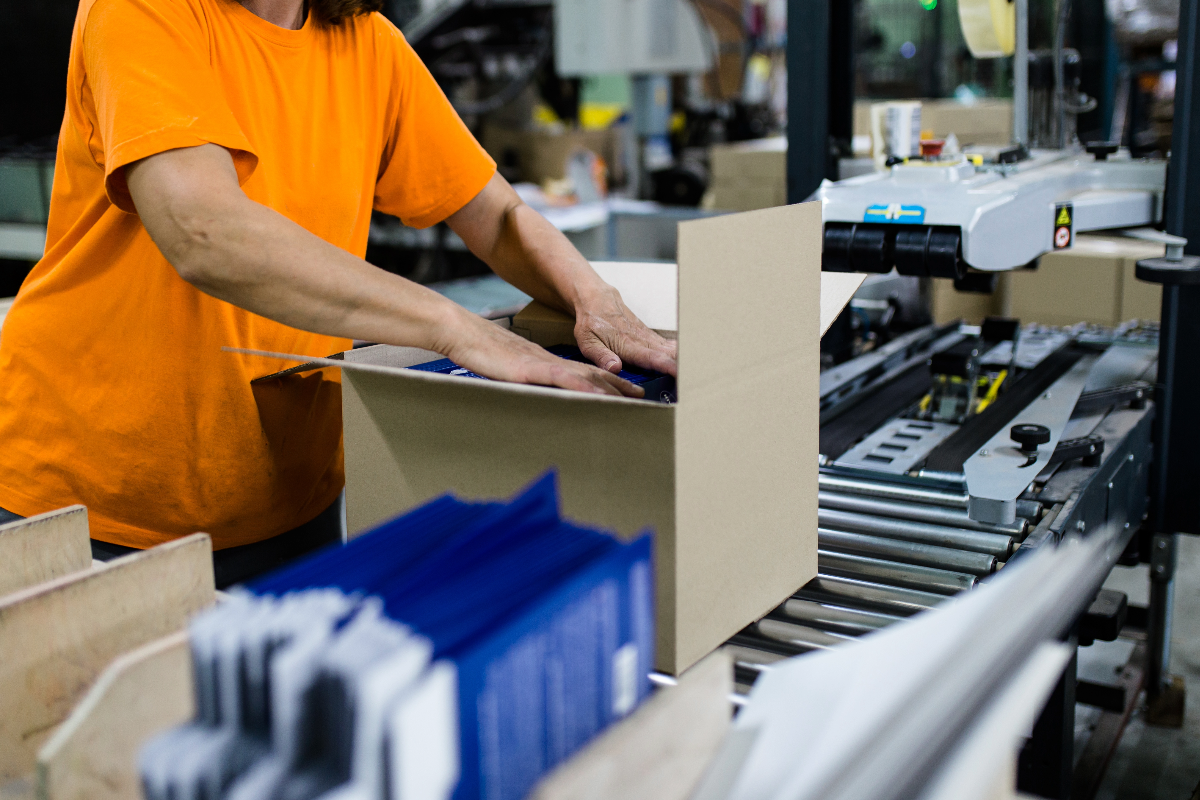BLOG
How to avoid being charged for heavy bins

Heavy bins aren’t always a bad thing. It’s a sign that you’re using your bin to its full capacity and making the most of what you’re paying for. However, they can cause a safety concern for the people collecting your waste, leaving you with a missed collection, health and safety hazards on your site and an extra charge for heavy bins.
How can you make sure you’re maximising your bin storage but avoid those pesky extra charges?
What happens if your bin is too heavy?
Overweight bins can cause serious problems, not just for your waste collectors, but you as well. If your bin is too heavy, the people collecting your waste might not be able to be loaded onto the truck. Depending on the excess weight of your bin, you may be left with an excess weight fee. If your bin can’t be loaded onto the vehicle, you may have to pay extra charges or move your waste into two containers. You’ll need an extra collection for this, adding further charges onto your invoice.
What’s in your bin?
What you’re putting in your bin could be the reason why your bins are too heavy. The best way to ensure you aren’t overfilling your bin is to make sure you’re segregating your waste properly. Having separate bins can be a great way to make sure you’re getting the most out of your bin’s capacity.
Glass
Glass can really weigh your bin down so should be kept out of your general waste bins. It’s a deceptively heavy material so could be what’s causing your overweight bins. What’s more, glass in the general waste bin can cause hazards for the team collecting your waste. The best plan is to use a separate glass recycling bin to reduce bin weight and keep workers safe.
Food waste
Food is one of the biggest culprits of causing overweight bins. This is because food compacts into a very small surface area whilst retaining a lot of water in the process. The odd bit of left-over food is ok, but if your business is producing a large amount of food waste, a separate food waste bin would be highly beneficial. It could save you money and help the environment.
Recyclable materials
Cardboard, plastics, paper, and metal tins should all be kept out of your general waste bins and put in your recycling bin. By putting these materials in a separate bin, you can help to cut your general waste down, stretching its storage out as much as possible. Recycling this waste is a great way to protect the environment, save energy and reduces the amount of unnecessary waste going to landfill.


Equipment rental
Another way to stop your bins from becoming overweight is to use waste management equipment. Balers, bin presses, and compactors are all a great way to compress your waste to stretch your bin storage to its full capacity.
By compressing the waste you’re producing, you can increase your business’s waste storage and reduce the number of collections your business needs. This can help you reduce your carbon footprint as well. Want to learn more about equipment? Check out our waste equipment guide where we break down how to use balers, bin presses and drum presses along with all their benefits.
Is your bin the right size?
Separating and compressing your waste are both a great way to reduce the weight of your bins. However, if your bins are still heavy after this, it may be time to get another bin or more frequent waste collections. It might be worth switching your bin to a larger size. Or, if you know you’re going to be generating a lot of waste, swap to hiring a skip to make sure you’re getting the most of your bin storage.
Contact us
All these waste segregation techniques are great ways to reduce overweight and overfilled bins. No matter the amount of waste your business is producing, we can help you get the right frequency of waste collections to match your needs. Contact us today to find out more.




